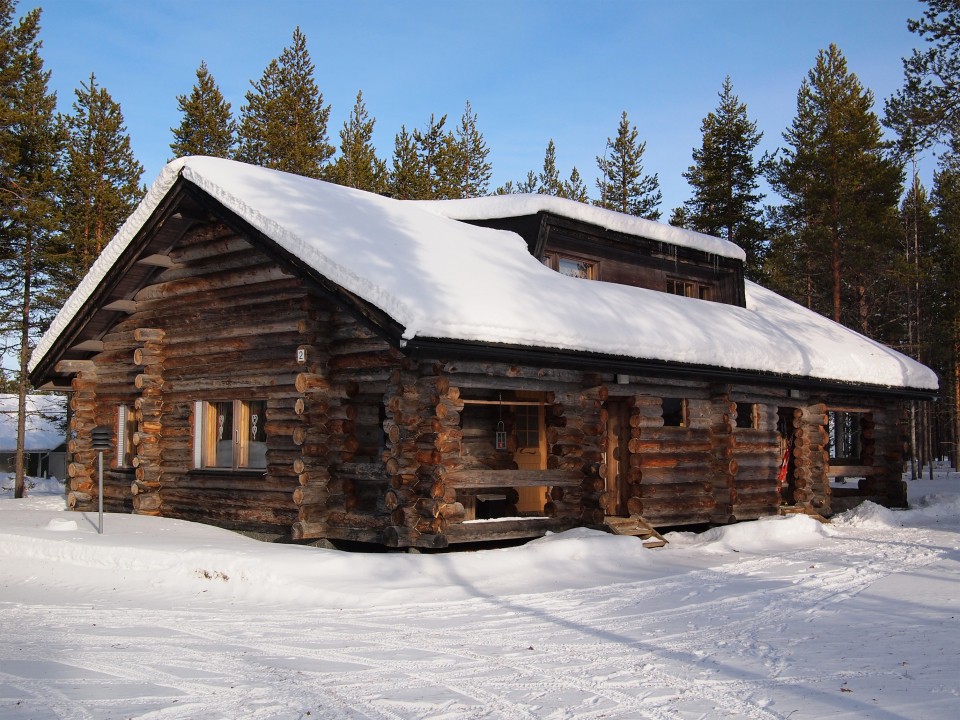It's that time of the year, the weather is cooling down, leaves are changing colors and cinnamon brooms are invading your local grocery stores...that's right folks winter will be here before you know it. We've made it easy to get your home ready with these 5 tips.
1. Inspect your roof, gutters, and drains
Check to see if you have any missing, damaged or warped shingles replace as necessary, before you have a leak.
Check for worn or deteriorated flashing at the chimney, walls, and skylights and around vent pipes. With roofing cement and a caulking gun, seal any joints where water could penetrate.
Check your gutters and downspouts to make sure they are secure, re-secure if loose or sagging. Ice and snow can add a lot of stress and loosen or pull gutters off the house.
Clean gutters of any debris. To prevent flooding around your foundation when ice melts make sure downspouts extend away from the house by at least 5 feet. Full gutters could also lead to water backing up into the house or even ice damming.
Ensure all vents and openings are covered to prevent insects, birds, and rodents from getting inside to nest in a warm place.
2. Caulk Windows and doors frames
Caulking around windows and door frames, is one of the least expensive maintenance project you can do to prevent major repairs and utility costs. It will prevent heat from escaping, as well as water from getting into these openings which cause cracks and mold build up.
3. Get your chimney inspected and cleaned
To prevent chimney fires and carbon monoxide from leaking into your home, get your fireplace inspected by a chimney professional they will let you know if your chimney system needs to be cleaned or repaired.
4. Make sure your heating systems is working properly
Don't wait for the first cold day of winter to make sure your heat pump or furnace is working properly, now is the time to have a technician inspect your system, they will make sure it is clean and in good repair, and that it can achieve its manufacturer-rated efficiency. The inspection also measures carbon-monoxide leakage.
Look for a HVAC contractor that belongs to the Air Conditioning Contractors of America and employs technicians certified by the North American Technician Excellence (NATE) program. The contractor should follow the protocol for ACCAs "national standard for residential maintenance" (or the QM, short for "quality maintenance").
5. Drain sprinkler systems
Your irrigation systems need to be drained as well as outside spigots to prevent freezing. Putting insulation around your water pipes can help prevent pipes from freezing and bursting.
